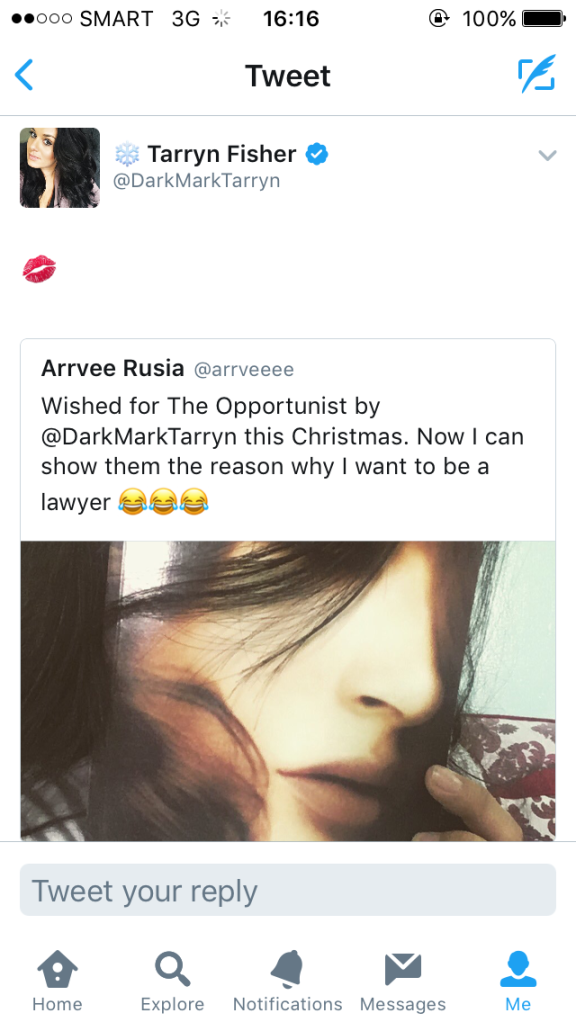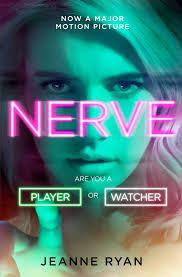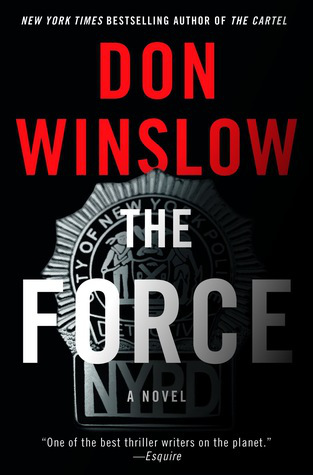 Undoubtedly, this is the great American crime novel of the decade and it’ll be the book which in future everyone will associate with Don Winslow. They’ll probably use it as a required text in literary degree courses – an epic of both grand and human proportions which thoroughly exposes the conflicts in the human condition in western society, using the NYPD in post-911 America as its malign and magnificent example. It’s probably not Winslow’s best book (that might be Frankie Machine, or Savages), but it’s certainly one of the best American crime novels of this century.
Undoubtedly, this is the great American crime novel of the decade and it’ll be the book which in future everyone will associate with Don Winslow. They’ll probably use it as a required text in literary degree courses – an epic of both grand and human proportions which thoroughly exposes the conflicts in the human condition in western society, using the NYPD in post-911 America as its malign and magnificent example. It’s probably not Winslow’s best book (that might be Frankie Machine, or Savages), but it’s certainly one of the best American crime novels of this century.
Where Winslow excels is in exploring the clichés of the genre, in validating the aspects which led them to be true while rejecting their ridiculously romanticised or sanitised aspects. The Projects aren’t comfortable places, run by benevolent gangsters for the benefit of the inhabitants. They’re powderkegs on a short fuse, where any household could easily encompass perpetrator and victim, citizen and criminal… sometimes in one single person.
Racism and corruption are rife, not simply on the streets but at every level of society and in all institutions, both the legal and the illicit organisations. Winslow’s craft is in pulling a solid story out of what could so easily be an extended piece of factual journalism – of giving recognisable faces and big hearts to the men who hold the line and the men who break the rules. You end up rooting for Detective Malone even though you know he has crossed the lines in the worst kind of ways.
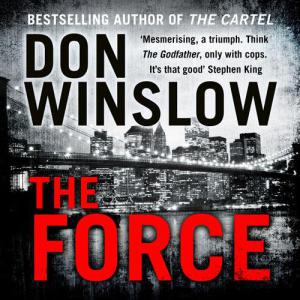 While the story sweeps you along, and you try to figure out how Malone might escape the net which threatens to ensnare him, his team, his family and his friends, you also get an education on the reality of urban policing. On what happened to PD budgets when the funding was transferred to anti-terror efforts. On how junkies can be anyone, a working professional as easily as a gangbanger. On how lax gun laws in some states facilitate the flow of arms into the big cities. It’s all delivered with an emotional gut-punch because Winslow doesn’t lecture – he leads us by the nose and shows us the men in conflict, the dirty money, the ruined lives and the blood in the gutter.
While the story sweeps you along, and you try to figure out how Malone might escape the net which threatens to ensnare him, his team, his family and his friends, you also get an education on the reality of urban policing. On what happened to PD budgets when the funding was transferred to anti-terror efforts. On how junkies can be anyone, a working professional as easily as a gangbanger. On how lax gun laws in some states facilitate the flow of arms into the big cities. It’s all delivered with an emotional gut-punch because Winslow doesn’t lecture – he leads us by the nose and shows us the men in conflict, the dirty money, the ruined lives and the blood in the gutter.
Afterwards you might sit back and applaud his meticulous research into modern policing, the correct language and procedures, the gritty gun stuff and the outright nasty street stuff, plus all aspects of inter-agency interactions – but while you’re reading the story all you care about is Malone’s personal implosion and the pounding sound of your own pulse. Yet, despite the compelling narrative none of the cast of characters escape from the page to embed themselves in the reader’s psyche. I’m still a little bit in love with Ben and Chon and O from Savages; I might’ve gotten something in my eye when the final fate of Frankie Machine was played out. By contrast, Denny and Monty and the rest of Da Force were well constructed and sympathetically written, but they exist to serve the story without achieving fictional immortality for themselves.
This is a meaty story so set aside plenty of time to be utterly engrossed. Inevitably it’s been optioned to make into a movie – Scott Free will have fun cramming all of this into two hours – and that kinda shows up in the final chapters which lose some of the credible realism of the overall book and lapse into more cinematic show-boating. Winslow also can’t resist some speechifying in the closing stages which, for me, was overkill. I got the message loud and clear all through the gripping story: life matters; black, blue or any other colour.
8/10
Reviewed by Rowena Hoseason
You’ll find The Force by Don Winslow at Amazon in various formats
———
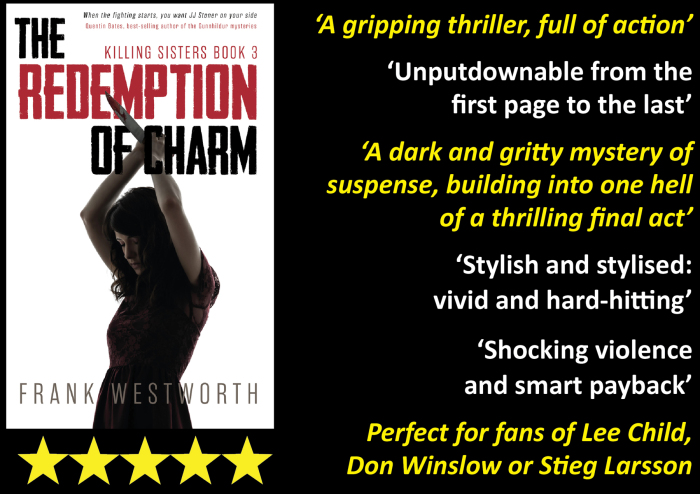
Share this:




